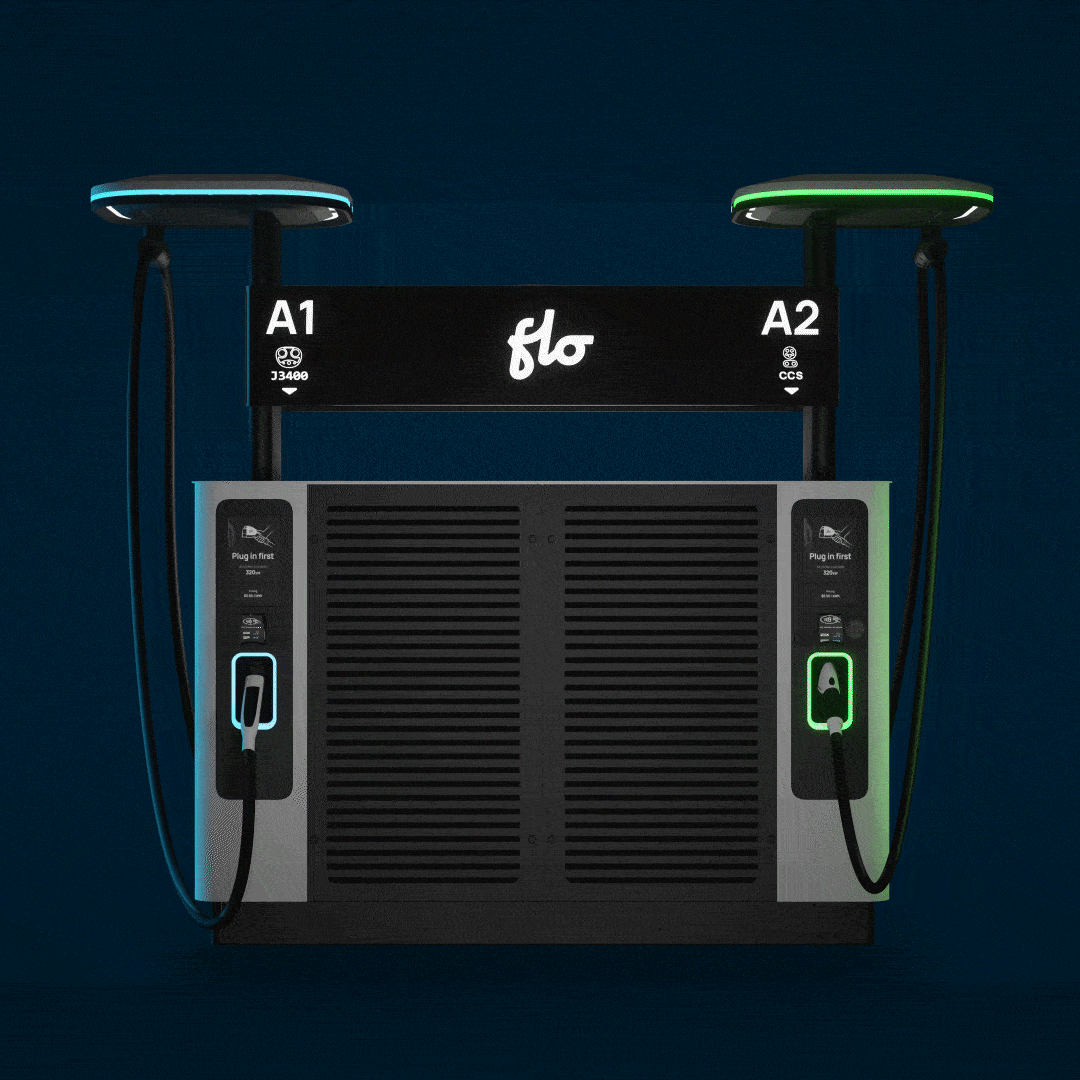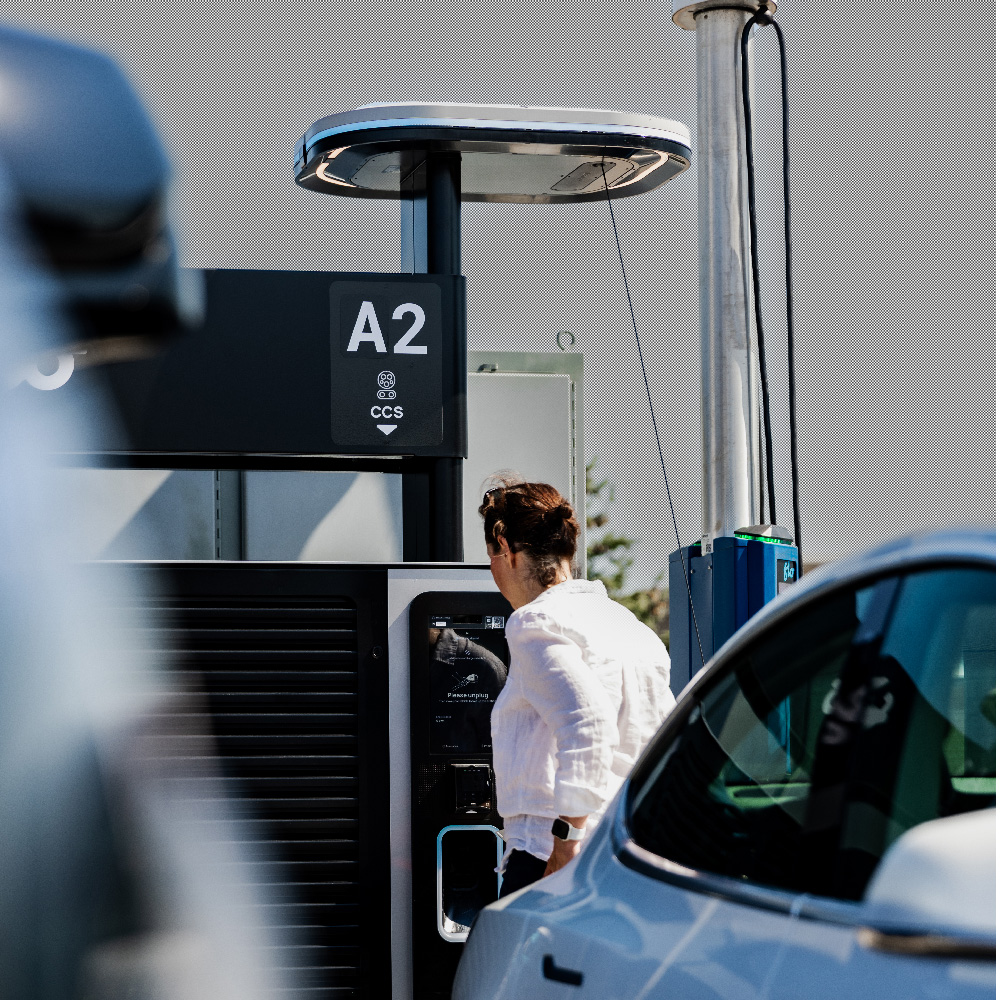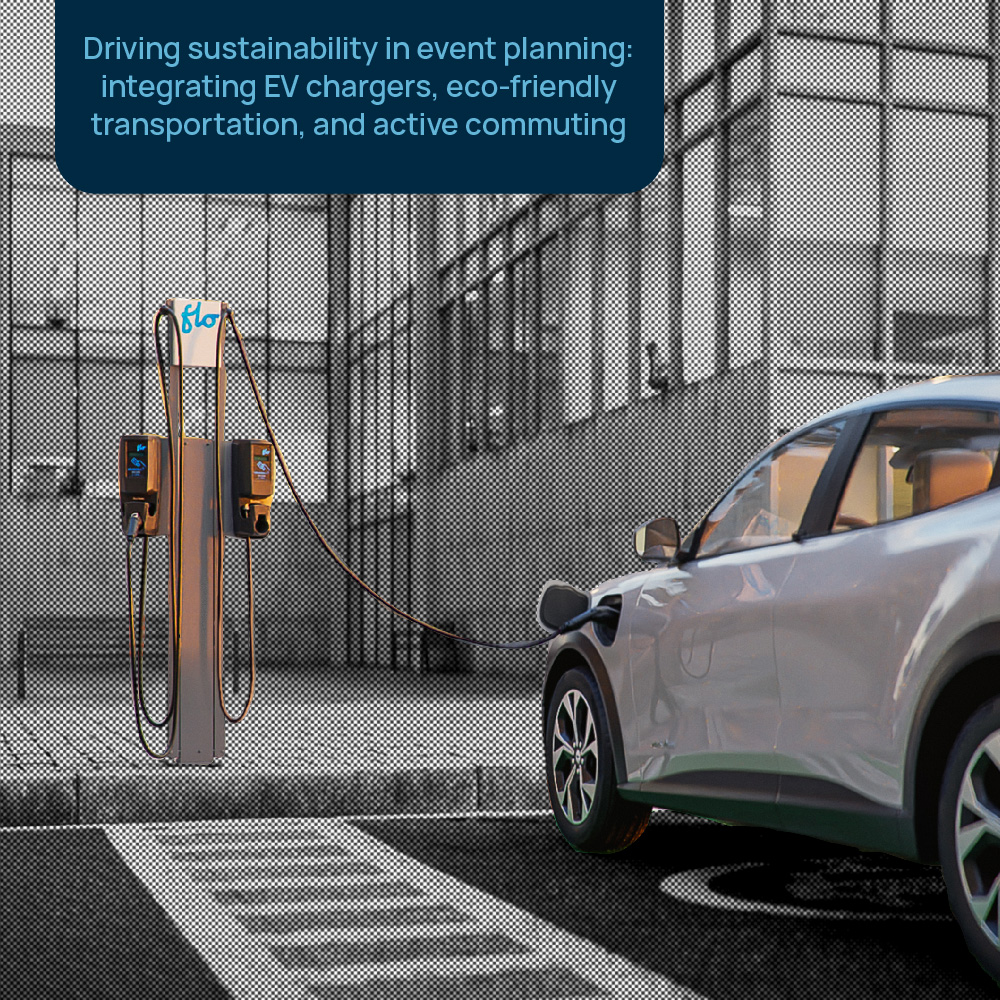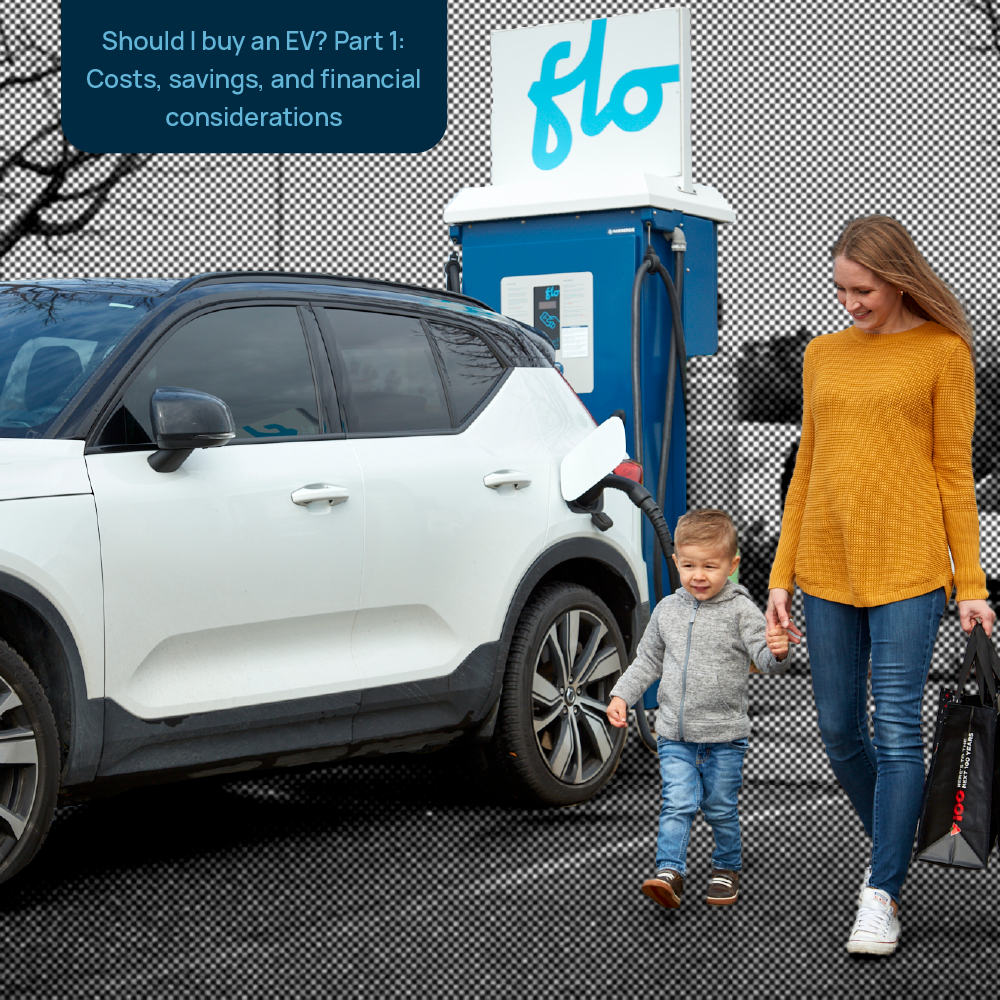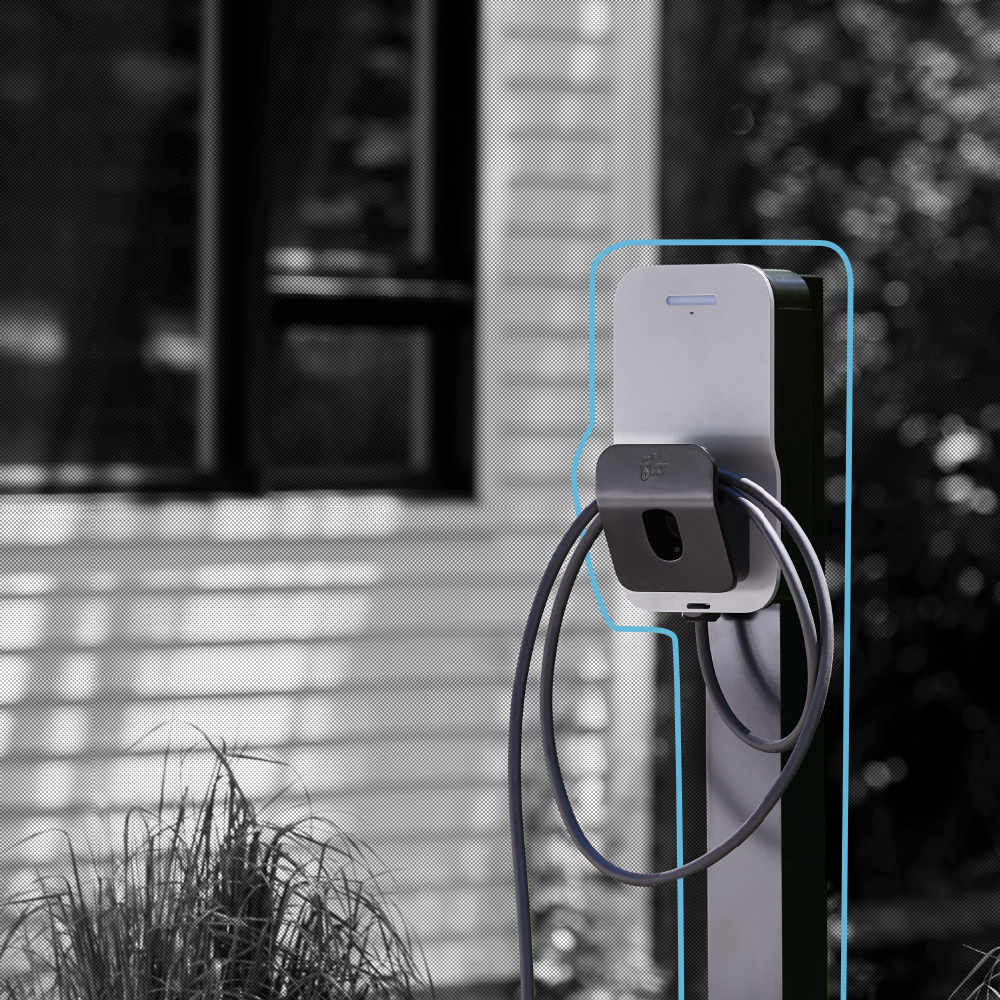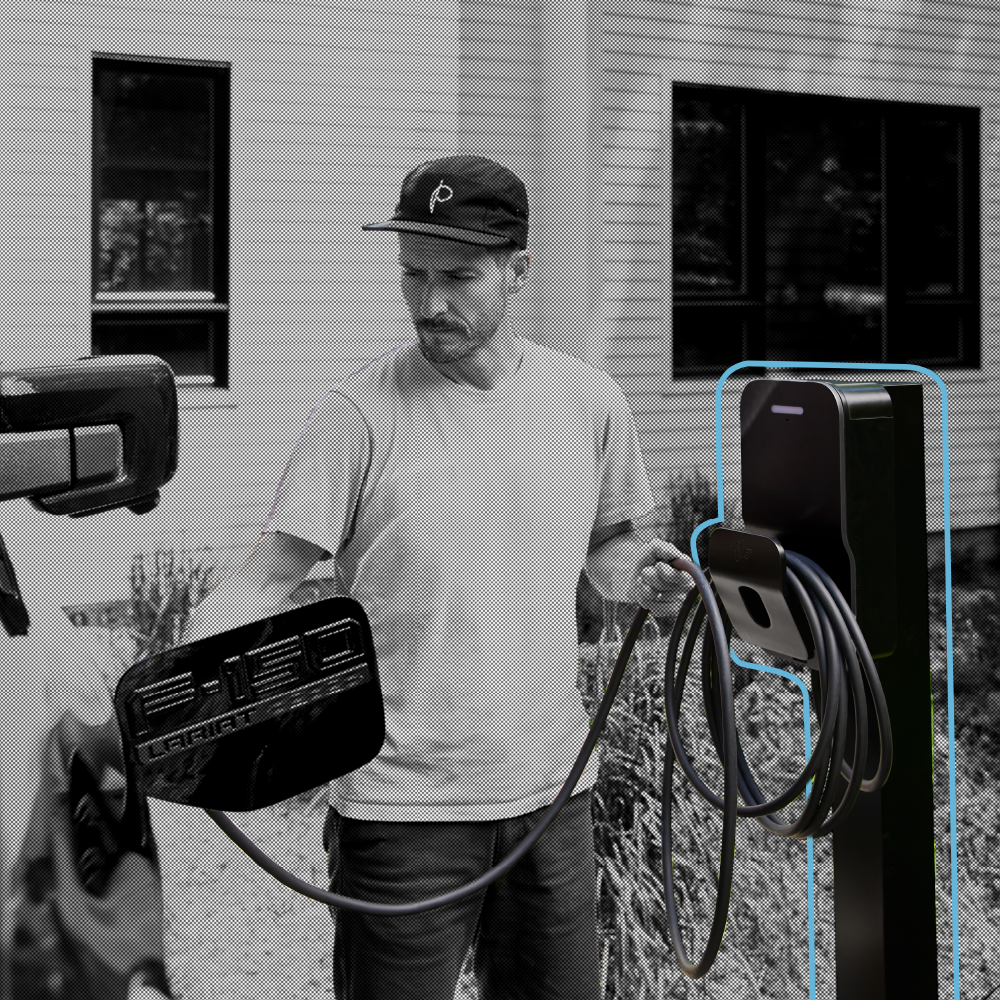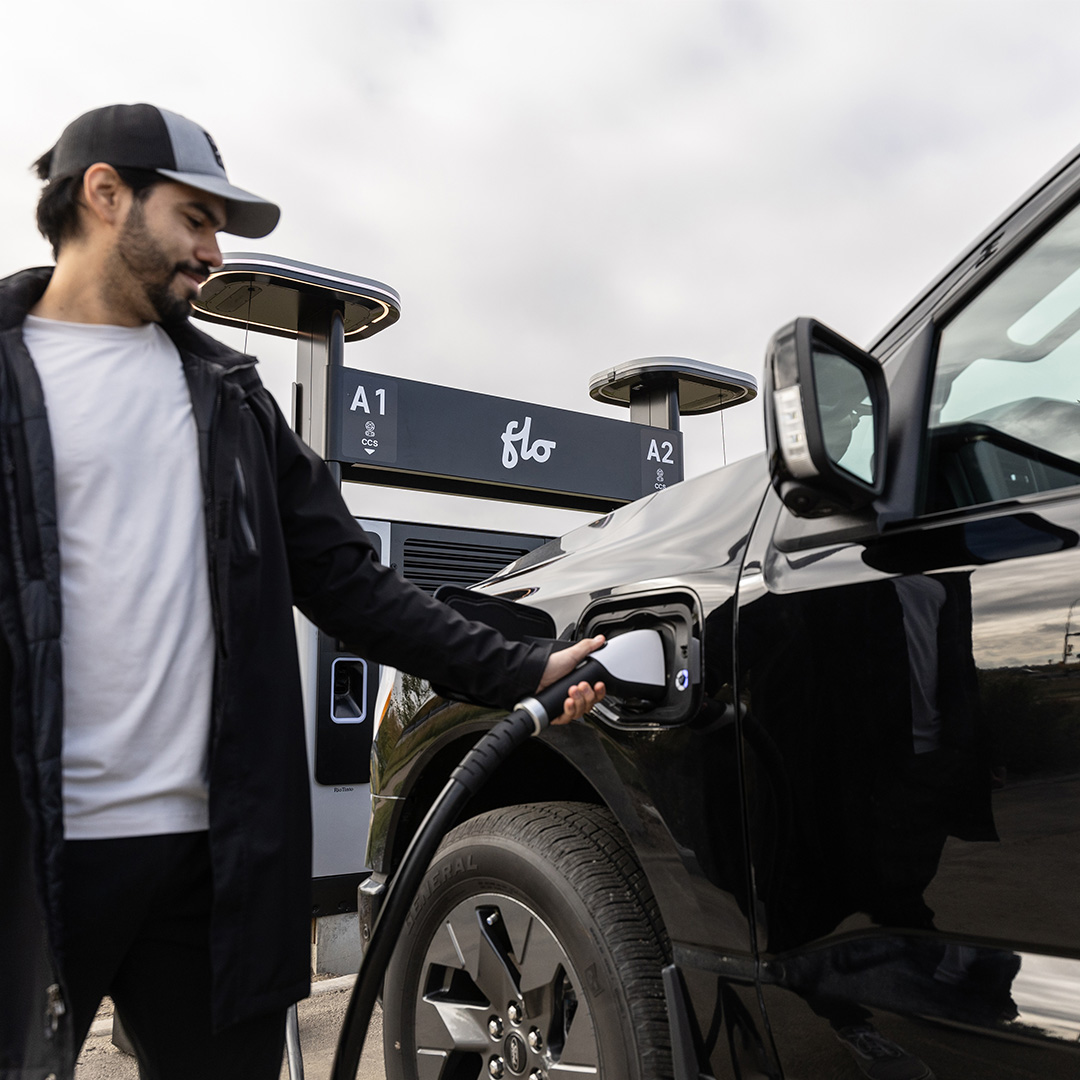Ready to get started? We can help!
Many utilities in Washington support electric vehicle adoption by providing rebates and incentives towards the purchase and installation of EV charging infrastructure.
- National Electric Vehicle Infrastructure (NEVI)
- Alternative Fuel Infrastructure Tax Credit
- Washington Electric Vehicle Charging Program
- Tacoma Public Utilities – Community EV Charging Rebate
- Seattle City Light – Multifamily EV Charging Program
- Charge Where You Are: Level 2 EV Charging (Round 2)
- Clark Public Utilities – Electric Vehicle Program (Commercial)
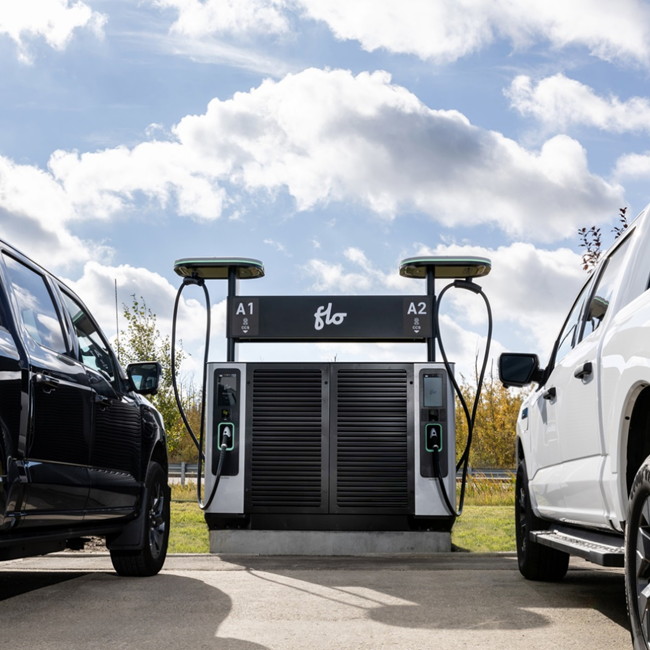

The National Electric Vehicle Infrastructure (NEVI) Formula Program allocates $5 billion in funding to states to deploy EV fast chargers along designated alternative fuel corridors nationwide. The program provides funding for up to 80% of eligible project costs. In addition to the Federal Highway Administration (FHWA) minimum standards, each state can also set its own NEVI requirements. Visit the NEVI Formula website.
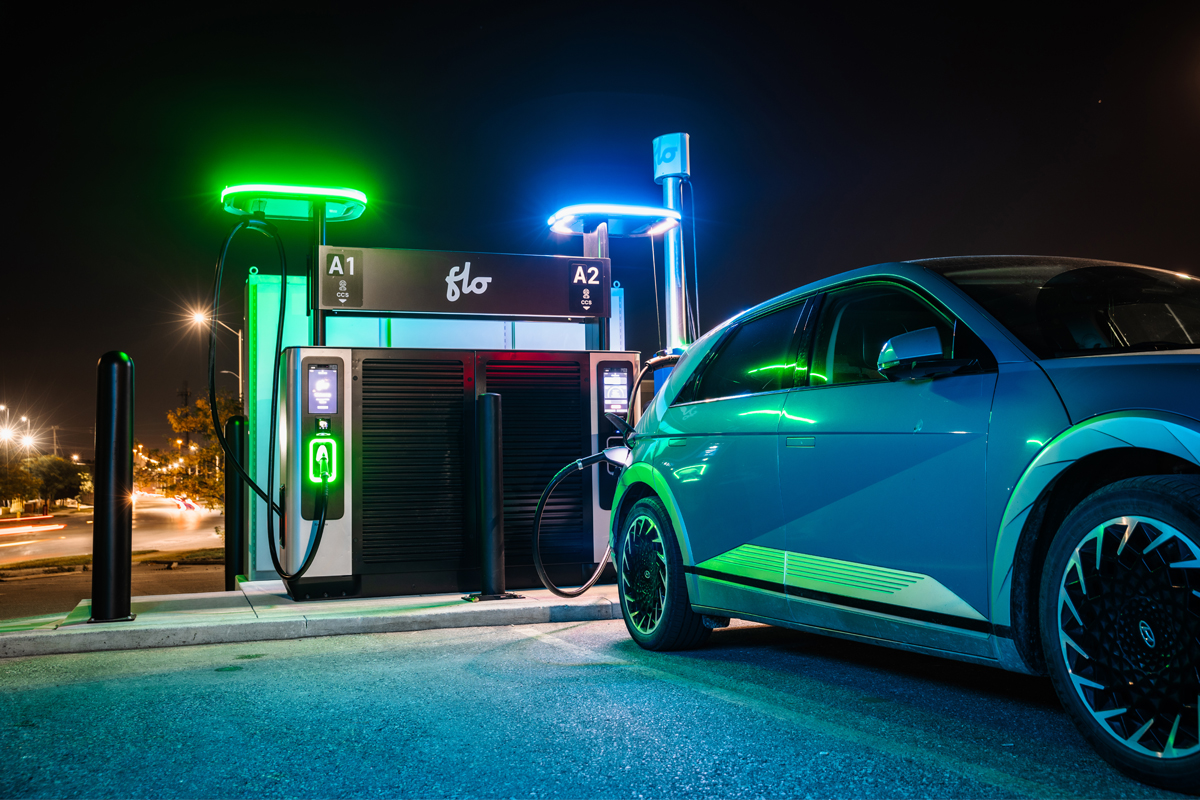
Qualifying businesses, including non-profits and municipalities, may be eligible to a tax credit of up to 30% when purchasing and installing electric vehicle (EV) charging infrastructure. The 30C tax credit now covers up to $100,000 per charger installed in locations that meet certain geographic requirements. Businesses must claim the credit on their federal tax return. Current 30C tax credit expires on December 31, 2032. Visit the 30C Alternative Fuel Infrastructure Tax Credit Website.
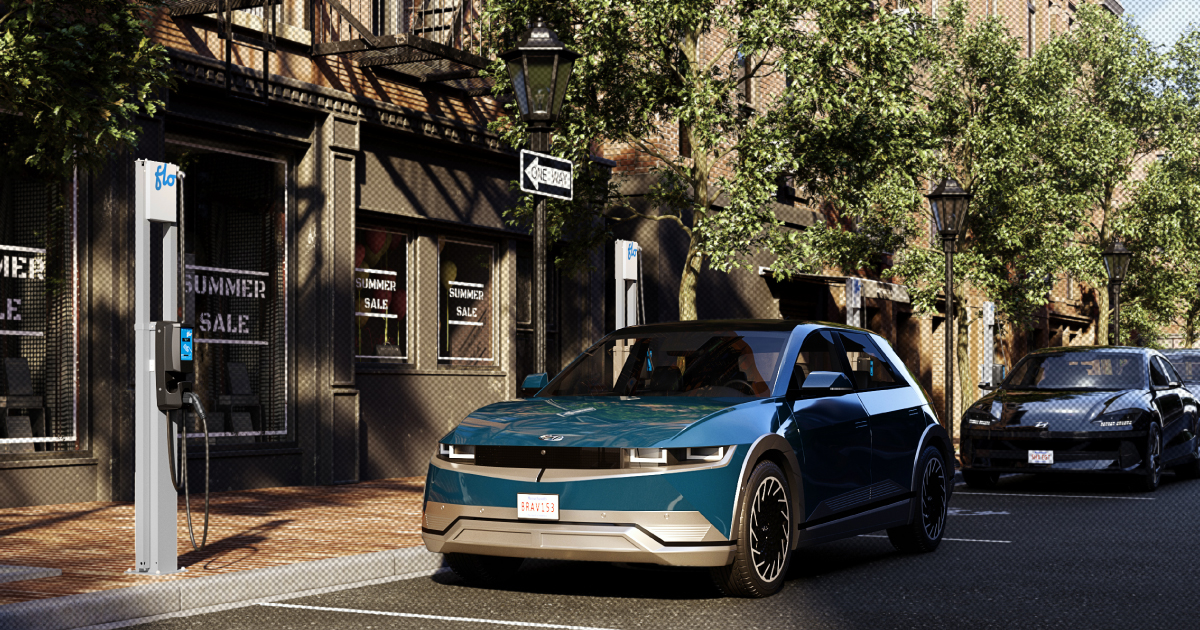
Through Washington Department of Commerce’s Washington Electric Vehicle Charging Program (WAEVCP), qualifying businesses and organizations could receive funds to cover costs associated with the purchase and installation of DC fast chargers (DCFC). You could receive up to $85,000 per port when installing DCFC in public locations in the state of Washington. Learn more about Washington State EV Charging Program.
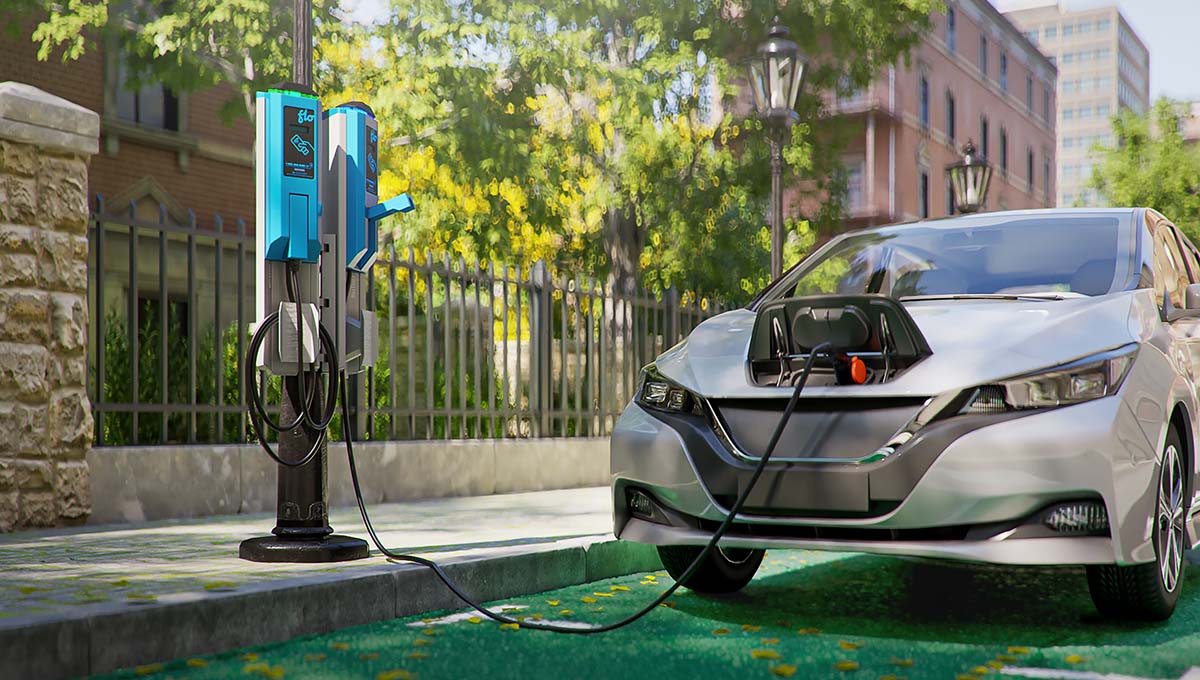
Tacoma Public Utilities provides rebates to businesses looking to deploy Level 2 charging stations for public use or to multifamily properties looking to deploy EV chargers for their tenants. TPU customers can receive up $5,000 per port (up to $50,000 total project rebate). Learn more about TPU’s Community EV Charging Rebate.
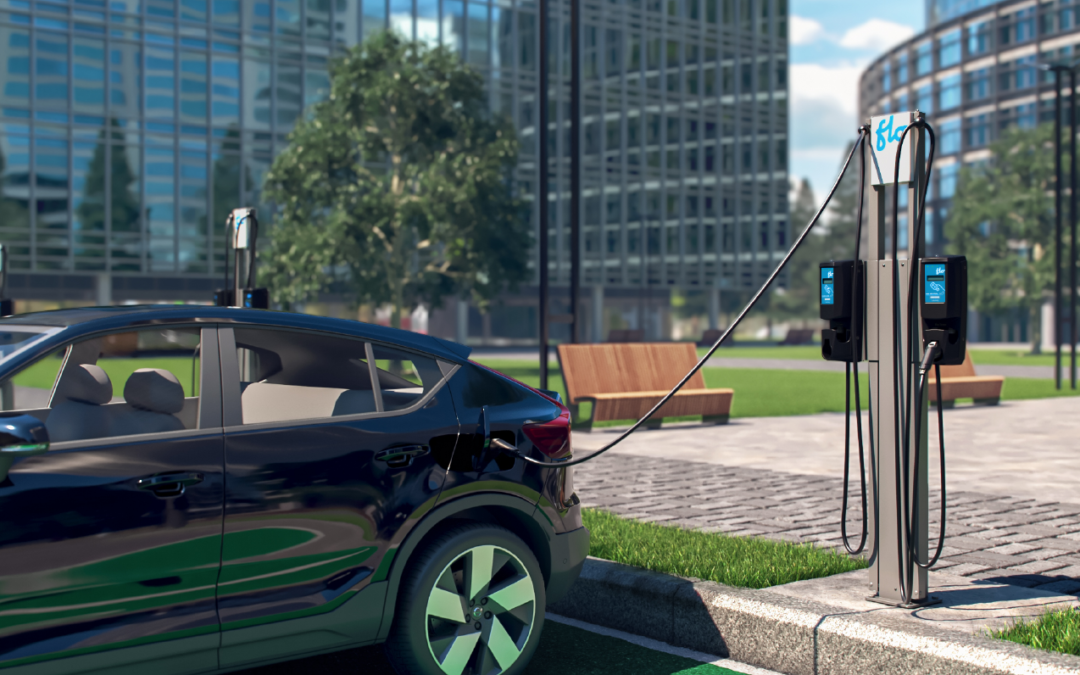
The Seattle City Light Multifamily EV Charging Program offers incentives to multifamily properties looking to install EV chargers. This program offers up to 100% of project costs (up to $50,000) for the installation of Level 2 charging stations at multifamily buildings and condominiums. Visit the Seattle City Light website.
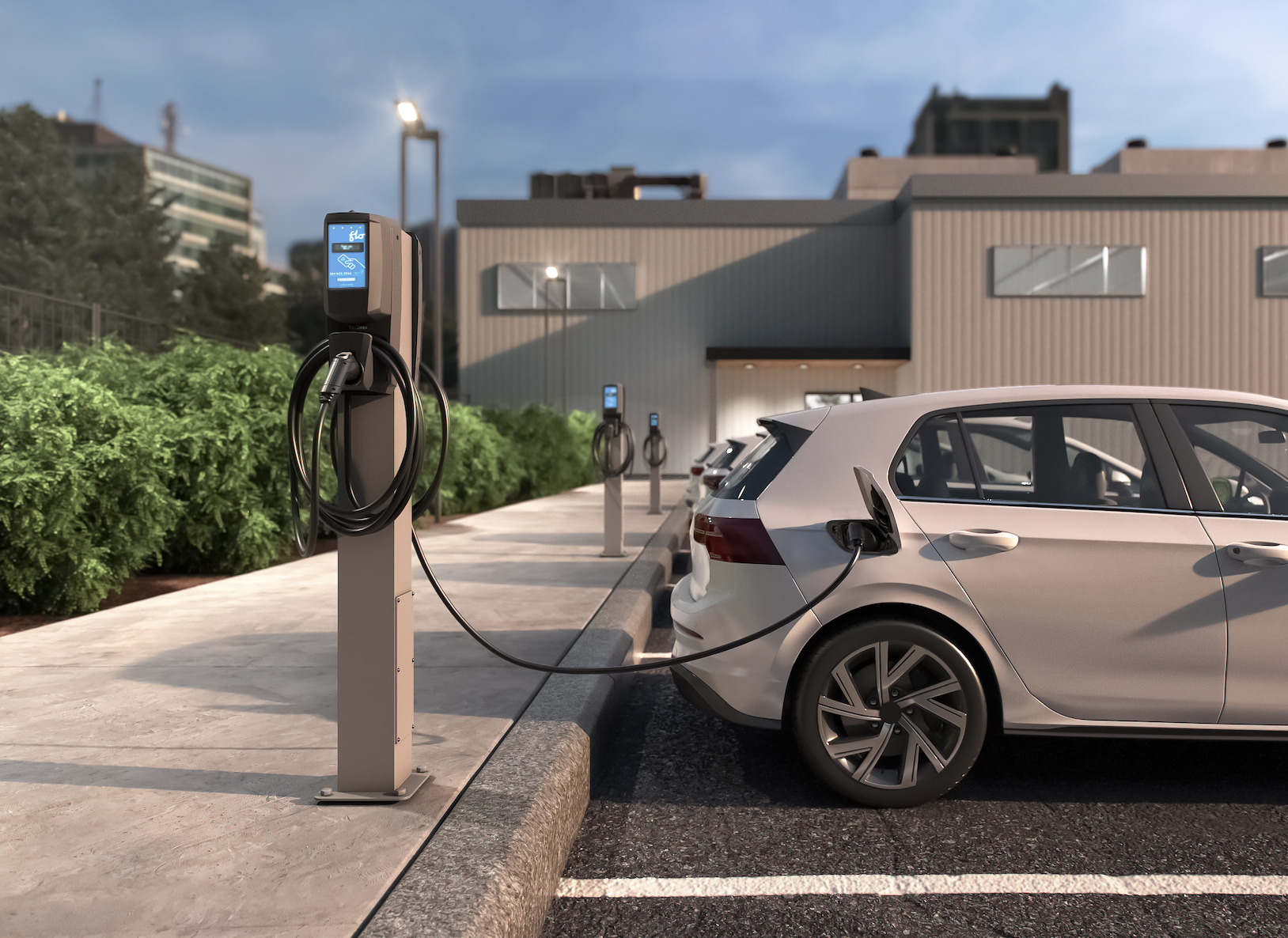
Public and private entities in the state of Washington are eligible for round 2 of the program. Public organizations, tribal governments, businesses, and non-profit organizations looking to install 4-10 Level 2 charging plugs can receive up to $10,000 per charging station. Visit the Charge Where You Are website.
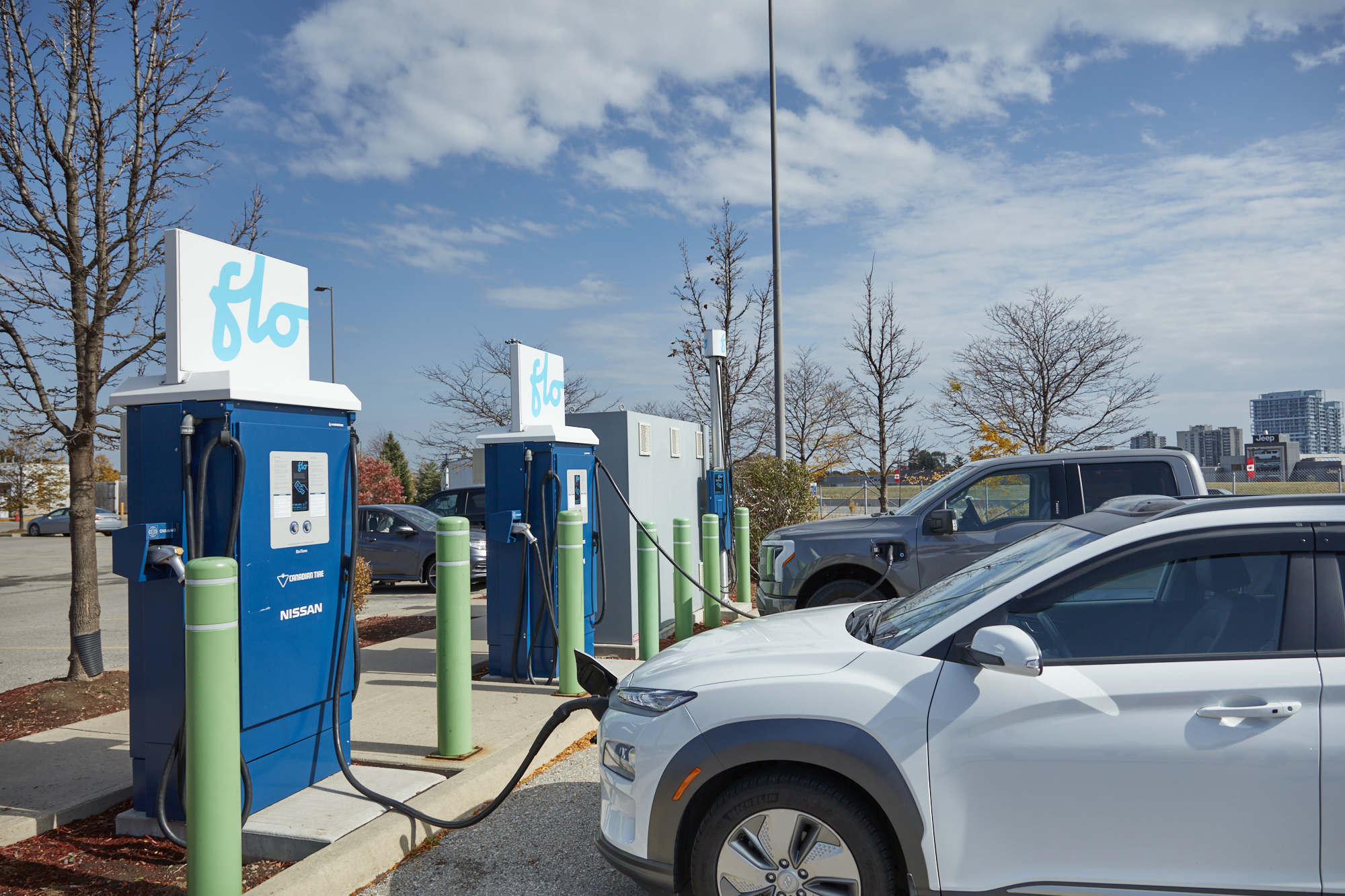
Clark Public Utilities business customers can receive a $500 rebate for the purchase and installation of a qualified Level 2 charging station. Visit the 30C Alternative Fuel Infrastructure Tax Credit Website.
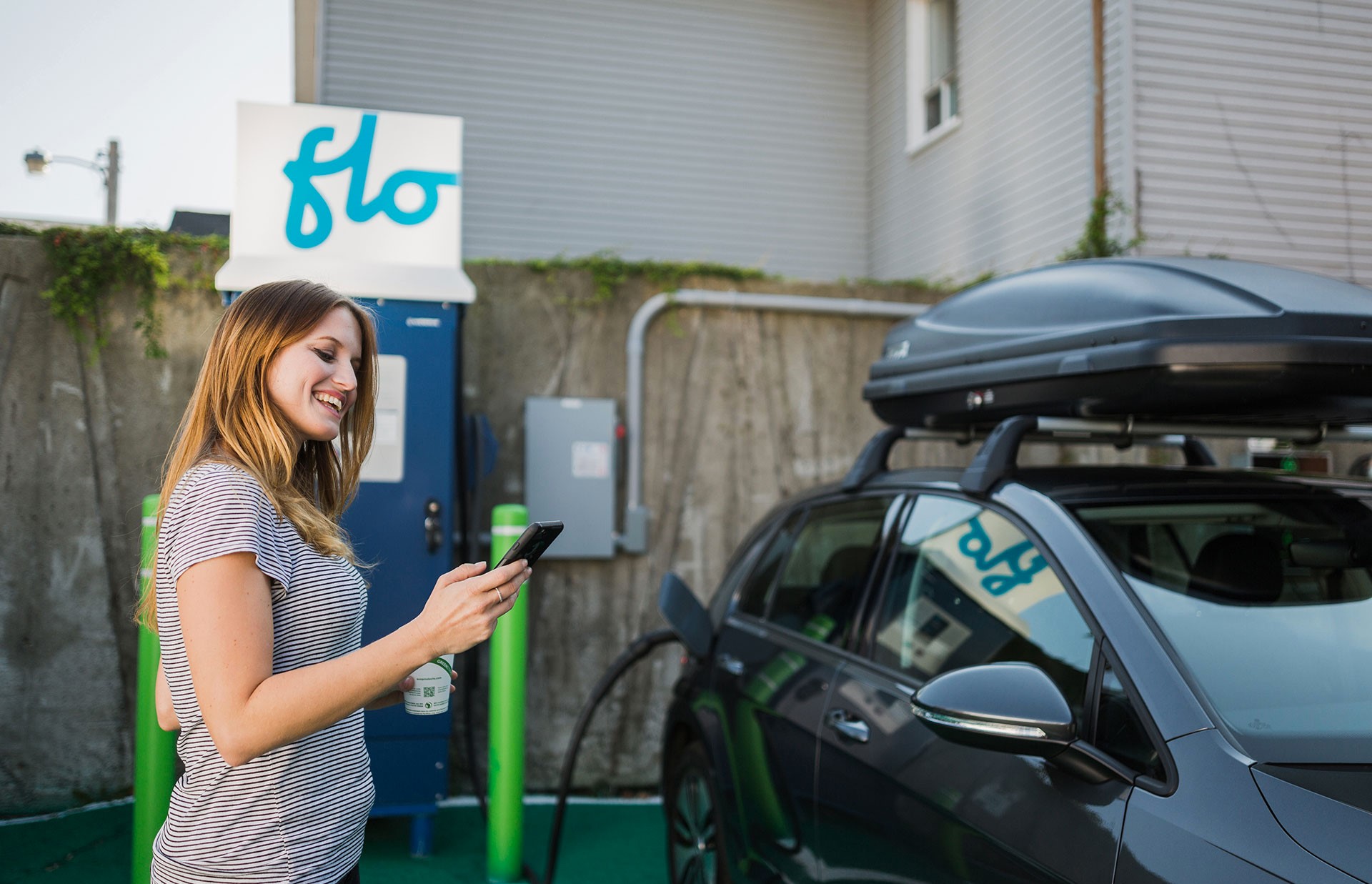

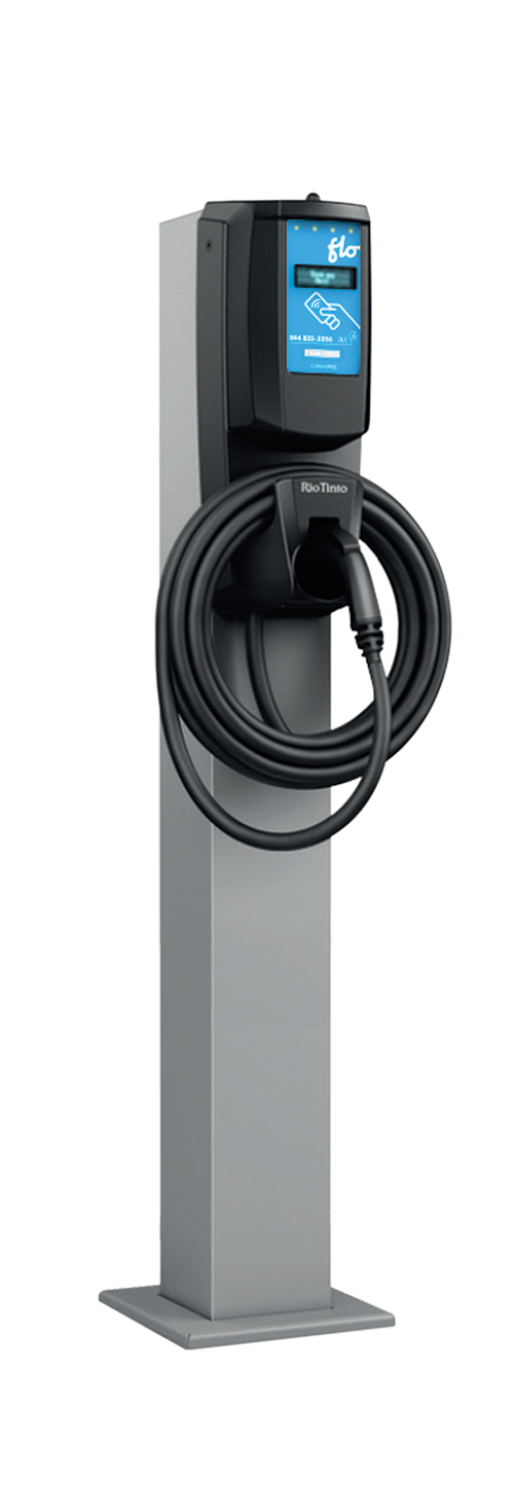
FLO is a leading North American electric vehicle charging network operator and a major provider of smart charging software and equipment. FLO has worked with hundreds of organizations across various incentive funding programs, and can offer you support and expertise to determine the ideal EV charging infrastructure best suited to your needs and navigate the application process.
